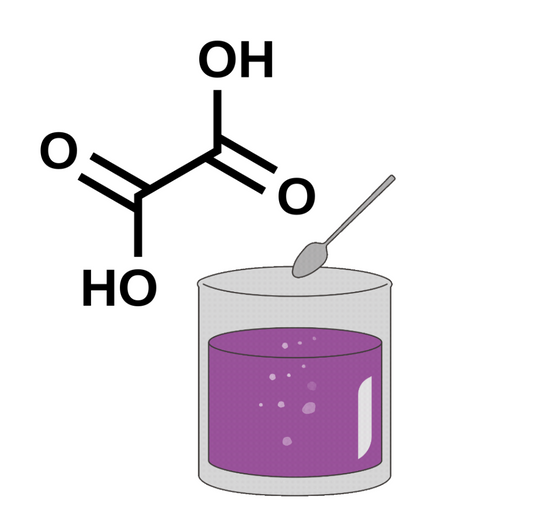You’ve probably heard of oxalates before, especially if you’ve looked into kidney stone prevention or health trends involving foods like spinach, almonds, or sweet potatoes. But what exactly are oxalates, and how do they affect your body?
In simple terms, oxalates are natural compounds found in a variety of plant-based foods. While they’re not harmful in moderate amounts, they can become problematic if consumed excessively or if your body has trouble processing them.
How Oxalates Bind to Minerals
One of the key ways oxalates affect your body is by binding to minerals like calcium, magnesium, and iron. When oxalates bind with these minerals, they form compounds that can be harder for your body to absorb.
- Calcium: The most well-known mineral that oxalates bind to is calcium. When calcium combines with oxalate, it forms calcium oxalate, a substance that is not easily absorbed and can lead to the formation of kidney stones. This is a major concern for individuals who are prone to kidney stones.
- Magnesium and Iron: Oxalates also bind to magnesium and iron, which can potentially interfere with the absorption of these vital minerals. Magnesium is crucial for muscle function, heart health, and bone strength, while iron is essential for carrying oxygen in your blood. When oxalates bind to these minerals, your body may absorb less of them, potentially leading to deficiencies if your diet is low in these nutrients.
Juicing and Oxalate Intake
You might be surprised to learn that juicing can increase your oxalate intake. Juicing concentrates the nutrients of fruits and vegetables by removing the fibre, which can help slow down the absorption of oxalates. Many high-oxalate foods—like spinach, kale, beets, and almonds—are commonly used in juices, and without the fibre, you end up absorbing more oxalates than you would from eating the whole food.
Juicing, especially with high-oxalate ingredients, can lead to an increase in oxalates in the bloodstream. This higher concentration of oxalates can bind to calcium and other minerals in the gut, reducing their availability for absorption and potentially contributing to nutrient imbalances.
The Risk of Kidney Stones and Mineral Deficiencies
The most obvious risk of oxalates binding to calcium is the formation of kidney stones. Calcium oxalate crystals can form in the kidneys, leading to painful stones. This is particularly problematic for people who are prone to kidney stones.
But there’s another concern: when oxalates bind to magnesium and iron, they can inhibit your body’s ability to absorb these essential minerals. Over time, this could lead to deficiencies, especially if your diet lacks other sources of magnesium or iron.
If you consume high amounts of oxalates without enough calcium or magnesium to balance them out, the body might pull calcium from bones, which could weaken them over time.
How Our Gut Microbes Help Process Oxalates
You might be surprised to learn that your gut microbes play an important role in how your body handles oxalates. While oxalates are naturally found in many plant-based foods, they can sometimes cause issues, especially if they bind to minerals like calcium, magnesium, and iron, leading to problems like kidney stones or nutrient deficiencies. However, your gut isn't defenceless against these compounds—certain types of bacteria in your digestive system can actually help break down oxalates, making them easier to process and less likely to cause harm.
Some bacteria in your gut are equipped with the right enzymes to break down oxalates. These microbes convert oxalates into a more easily excreted form, which can help reduce the chances of oxalate buildup in your body. The primary bacteria responsible for this process are called Oxalobacter formigenes. This bacterium specialises in degrading oxalates in the intestines, converting them into simpler compounds that your body can safely eliminate through urine or faeces.
If you have issue with oxalates, it may be worthwhile considering focus on your microbiome diversity with a daily probiotic, as well as including fermented vegetables in your diet, such as Sauerkraut, kimchi. These foods are also high in fibre, which further supports gut health.
























